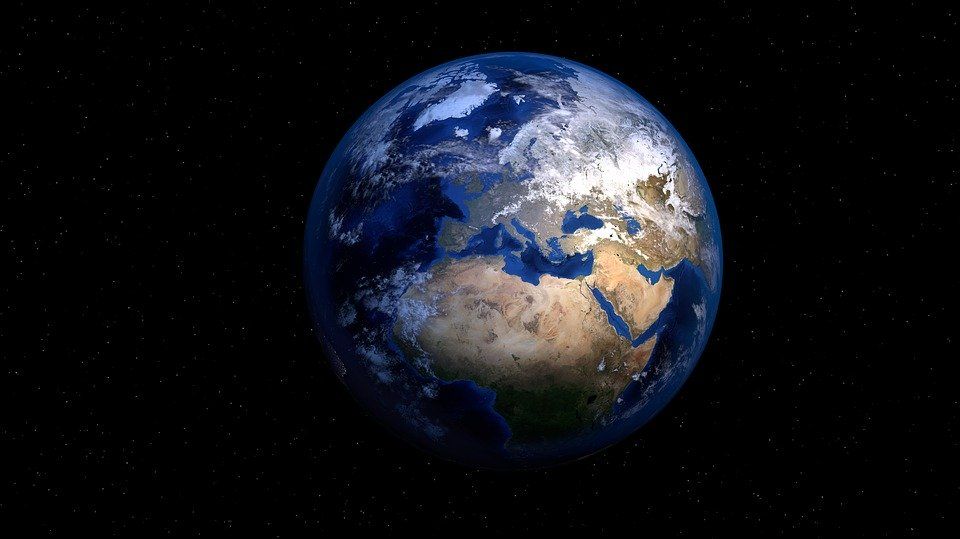The global pandemic has pushed Earth Overshoot Day back by three weeks to 22 August, but natural resources are still being used up faster than ecosystems can regenerate, M&G Investments has warned.
Earth Overshoot Day is a date which marks the point at which humanity has exhausted nature’s natural resources for the year before it begins causing harm to the environment.
Ben Constable-Maxwell, head of sustainable and impact investing at M&G Investments, said that Earth Overshoot Day, the date at which the planet has “overshot” its ecological boundaries for the year, has crept forward every calendar year since the event has been marked.
Last year’s Earth Overshoot Day on 29 July was the earliest date ever and this year it has occurred three weeks later as a result of the “breathing space” created by the Covid-19 pandemic.
“While not entirely cause for celebration given the circumstances, it offers hope by demonstrating that the trajectory we’ve been on is reversible,” he said.
“The three weeks of breathing space afforded to the planet this year has, of course, come at the expense of the economy and much else.”
According to estimates from the Global Footprint Network which calculates the day, the shutdown of the global economy reduced humanity’s ecological footprint by 9.3%.
Despite this, humanity is using natural resources 1.6 times faster than ecosystems can regenerate, Constable-Maxwell said.
He cited the importance of Earth Overshoot Day “because it represents the broader ‘resource budget’ that we have left to spend, covering all the natural resources that we use up every year”.
M&G’s Constable-Maxwell said that a “system-level approach” is required and pointed to the European Union’s Circular Economy action plan as an example for others to follow, with policies that support sustainable production, waste reduction and the decoupling of growth from resource extraction.
“Despite the encouraging fact that Earth Overshoot Day can move backwards in the year, that we are only in August is an urgent reminder of our failure to deliver on this societal pact with future generations, and with nature itself,” Constable-Maxwell added.








